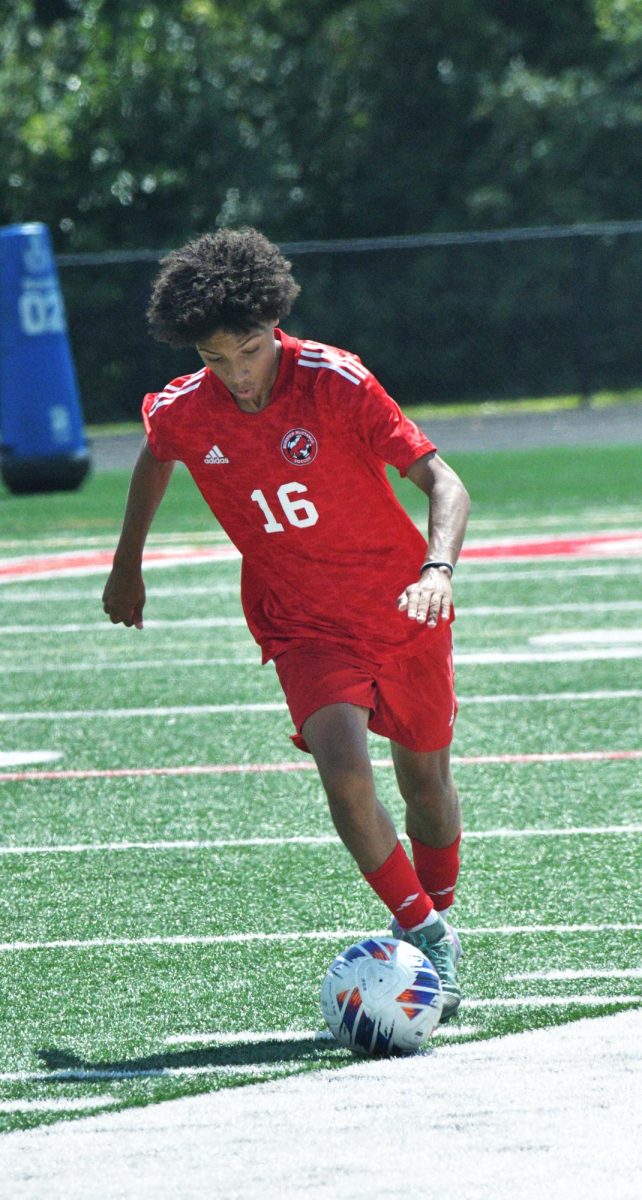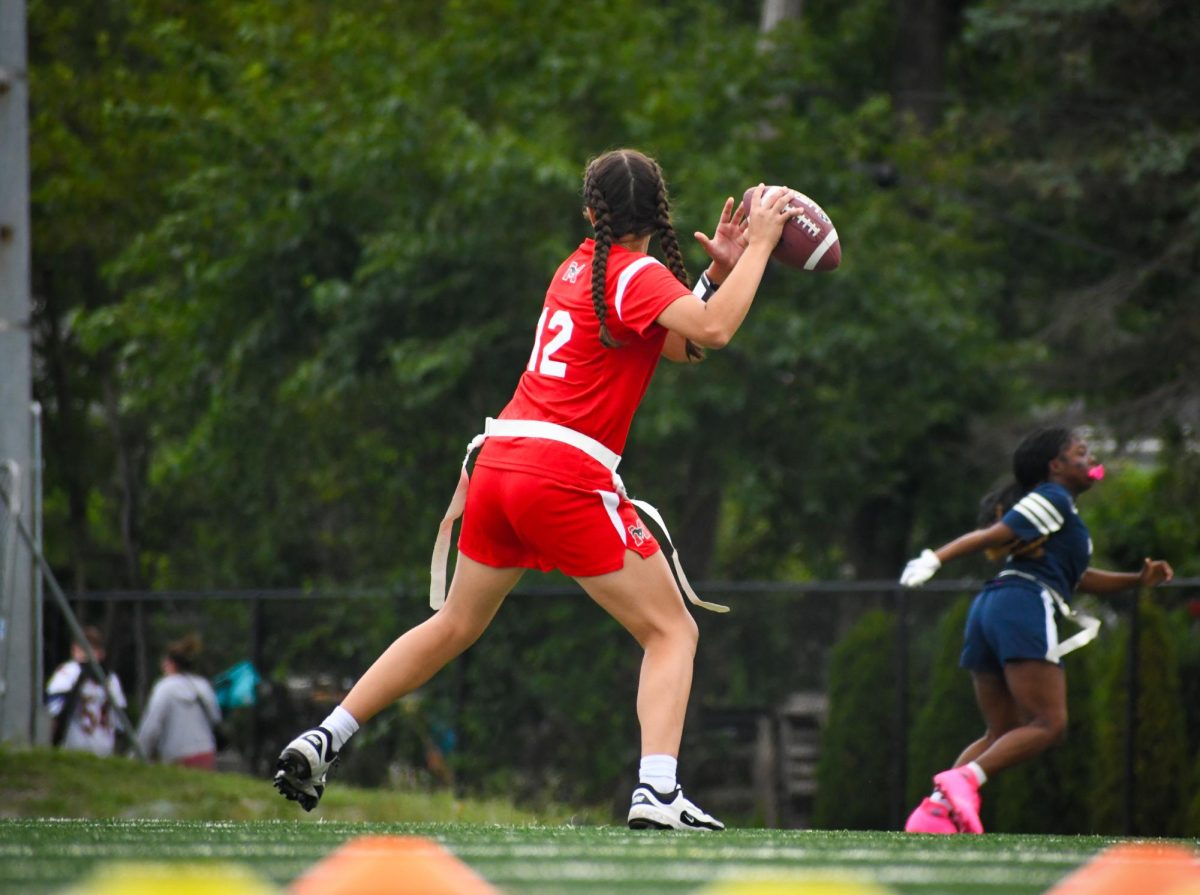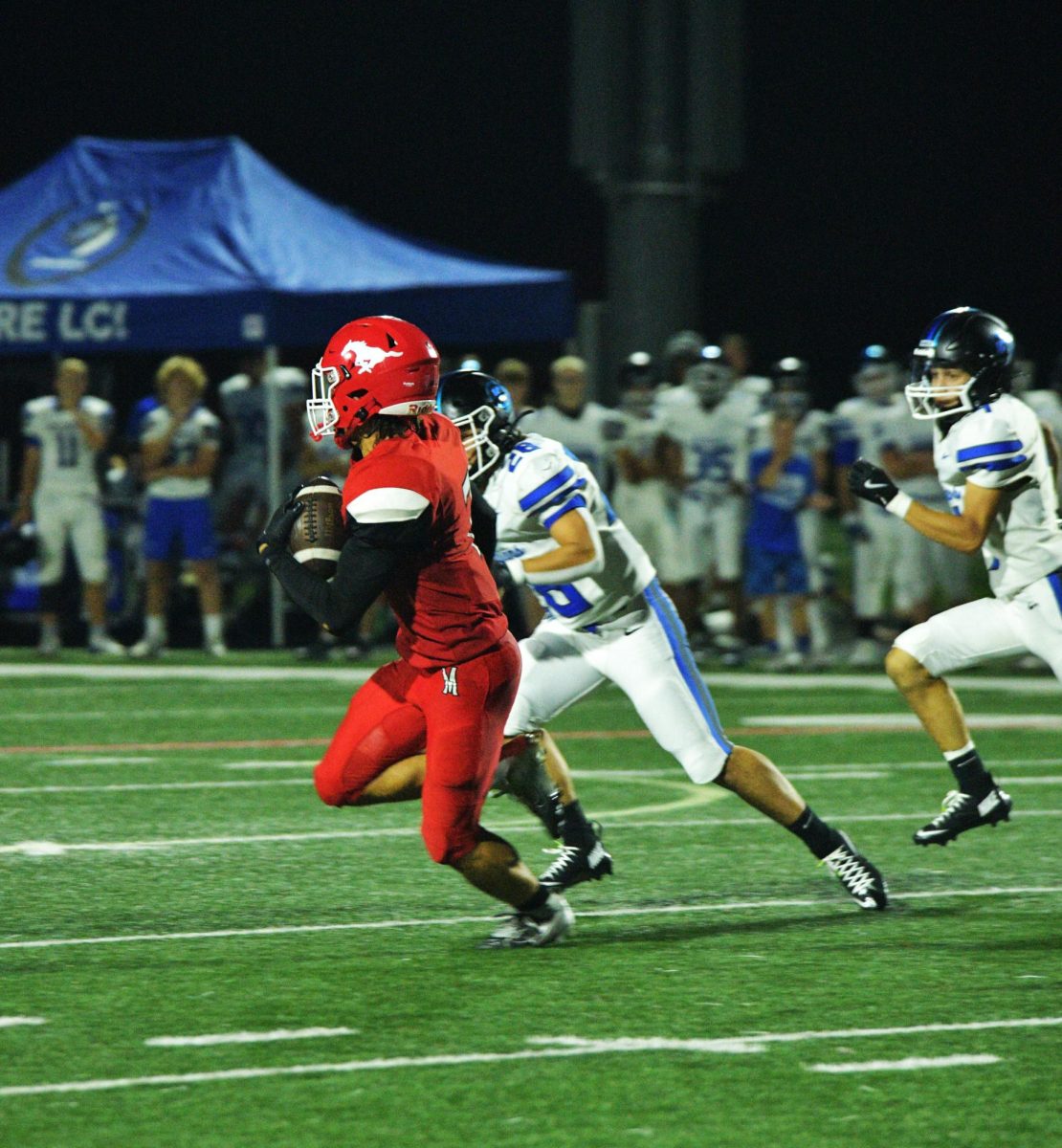OPINION: Stopping the stigma around athletes’ struggles with mental health
November 12, 2021
As fall sports end and winter sports start, we must remember the importance of mental health in athletes. There is a negative stigma and culture that is created when playing a sport. Athletes are expected to compete perfectly despite their physical condition or mental state.
This causes unnecessary pressure that coaches, parents and spectators put on them. It also encourages athletes who are internally struggling to suppress their pain instead of being able to speak up.
It is extremely common for athletes to struggle with mental health but very uncommon for athletes to talk about these problems. This causes athletes to believe that they are alone—according to Athletes For Hope, 35% of athletes struggle with a mental illness. Knowing this information could help many athletes understand that they are truly not alone.
Whether coaches realize it or not, they play a significant role in the way their athletes perform. Establishing a positive athlete-coach relationship is crucial to achieving a successful relationship and positive environment. Coaches have the ability to build an athlete up with support, understanding and positive reinforcement. Having this positive relationship can help a athlete improve their self esteem and overall performance
Instead, when a coach is negative and aggressive, it can affect how athletes sees themself as part of the team. Not having any support can cause athletes to fall into a mental health crisis.
Elite performing athlete Simone Biles has been an extreme mental health advocate in sports. She broke down many barriers that have impacted other athletes that are struggling around the world. Simone Biles was at the biggest competition of her career and decided to pull herself out of the competition. Showing that even at the Tokyo Olympics, Simone did what was best for her despite what her coaches may have said. This has given an example to other athletes around the world to not be ashamed of their mental health and it has given athletes the confidence to speak up.
Athletes must be seen more as human beings who need time to heal both mentally and physically, instead of perfect superheroes. In addition to their improvements in mental health, their drive to compete and overall performance will be stronger.































![SNAP HAPPY Recording on a GoPro for social media, senior Sam Mellon has recently started a weekly sports podcast. “[Senior] Brendan Feeney and I have been talking about doing a sports podcast forever. We love talking about sports and we just grabbed [senior] Will Hanas and went along with it,” Mellon said.](https://mhsnews.net/wp-content/uploads/2025/04/sam-892x1200.png)




















